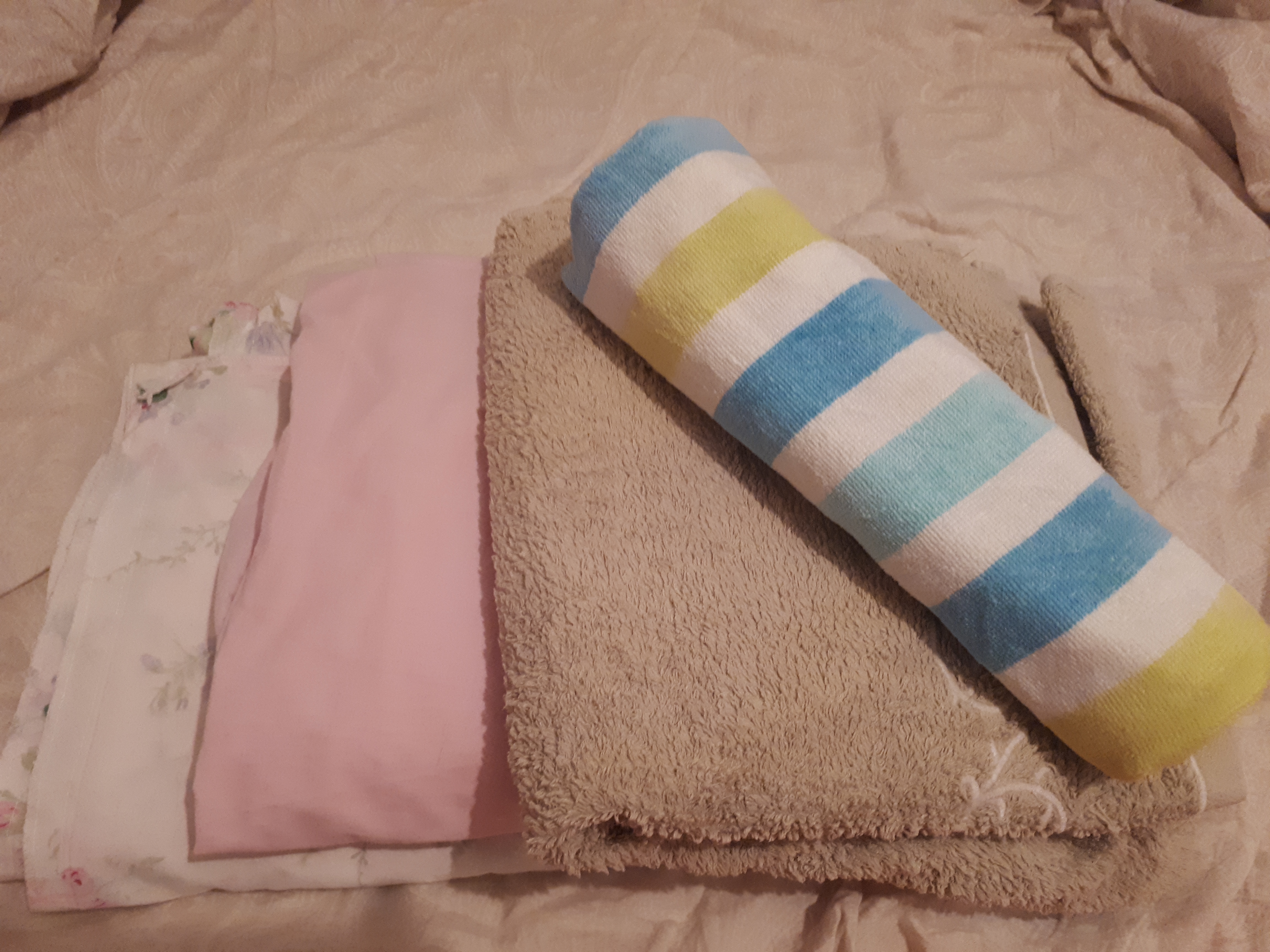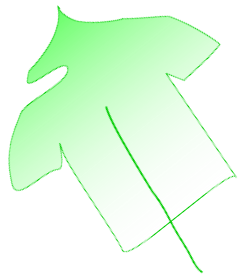Bed sheets and towels

Each and everyone of us have used bed sheets and towels on a daily basis, or at least those of us fortunate enough who have a shower and a bed. We use towels to dry ourselves after taking a shower or a bath, at fitness centers during our gym workouts, when getting out of sauna, jacuzzi and so on.
Bedding sheets provide us with some additional comfort during sleep and help regulate our body temperature.
Common materials and fabrics bedding and towels are made of
Towels are usually produced of cotton, microfiber and other water absorbent synthetic fabrics, absorbent man made fabrics or blended fabrics composed of plant based and synthetics. Very rarely towels can be blended with wool which have high moisture absorbency, or even silk, even though it is unsuited for a needed water absorbency and can be quit expensive.
Most bed sheets and pillow cases are manufactured from soft and comfortable materials. Those types of materials are commonly vegan in their origin, like cotton (the most popular choice), linen, bamboo, modal, lyocell, polyester or blends of above mentioned fabrics. Exception being some types of satin and rare flannel sheets, both of which are a fabric that can be produced from cotton, synthetics or – unfortunately – silk (for satin) and wool (flannel), which is your main 'risks' for purchasing animal based sheets. In addition to that, some silk made bed sheets are available. Silk and satin are usually more expensive types of bed sheets, but not necessarily more comfortable and durable types.
Bed sheets and pillow cases
Because bed sheets and pillow cases are produced to be in direct and long-lasting contact with our skin during sleep they have to be very soft and breathable. Soft plant based fabrics like cotton, linen and bamboo are the best choices for that task. Man made fibers like modal and lyocell, as well as synthetic fibers like polyester or blends of natural and man made fibers are also a great choice. Some of the warmer types of bed sheet sometimes made of wool or wool made flannel or blend of wool with other fibers, production of all of those involves at least some animal suffering. Silk made satin fabric can sometimes be used in lighter sheets and pillow cases. Please be aware of it and check your product fabric composition before the purchase, just know that ahimsa silk although is technically animal based is perfectly animal friendly material.
Towels
We typically use towels after taking a shower at home or otherwise, at fitness centers after swim in the pool, after getting out of sauna or jacuzzi, in the gyms and at the beach. The main purpose of a towel is to dry our bodies when we're wet. Towels are usually made of materials with high moisture absorbance like cotton, microfiber and synthetic fleece polyester. Even though animal based towels are highly unlikely to be produced, just keep your eyes open in case someone decides to manufacture flannel, satin or silk made towels.
Last word of advise
The easiest way to ensure cruelty-free purchase is buying a vegan or vegan-friendly labeled products, but not all companies labeling their vegan products as such – in fact vegan labeling is extremely rare for bedding and towel products. Asking the stuff is a great option while buying in the store, if they do not know there is an option of contacting a manufacturer or reaching out to a vegan group for some advise. There are also some apps available for finding out if products are vegan.
In addition, there are other ethical issues that's important to keep in mind, such as human workers treatment and environmental sustainability. As a general rule, recycled and organic brands are more environmentally friendly and will offer better solution for ethical workforce treatment. Companies specializing on vegan or cruelty free textile production are also a good bet on ethical and environmental issues.
Consumer's awareness on those issues will push the industry one step further in solving them. Please keep those issues in mind during your next shopping trip.
